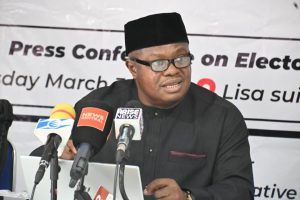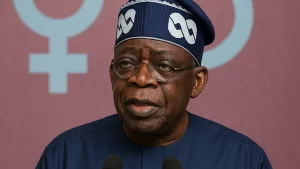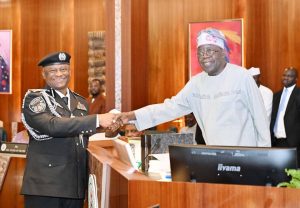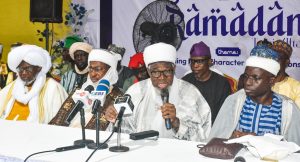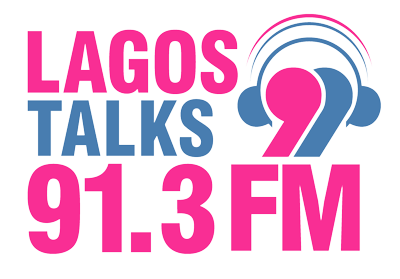The Central Bank of Nigeria (CBN) has decided to maintain the Monetary Policy Rate (MPR) at 27.5%, keeping all other key rates unchanged as it monitors inflationary trends and exchange rate fluctuations.
CBN Governor Yemi Cardoso announced the decision on Thursday at the post-Monetary Policy Committee (MPC) briefing, stating that the committee took a cautious approach, opting to assess macroeconomic conditions further before making any adjustments.
The decision comes at a critical time when Nigeria’s economy faces persistent inflationary pressures and currency volatility.
The MPC considered several factors, including inflation trends, exchange rate stability, and fiscal and economic conditions. Nigeria’s inflation remains high, and any premature easing of monetary policy could worsen price stability.
The CBN continues to monitor foreign exchange market developments, particularly in light of recent naira fluctuations, while also evaluating the impact of previous rate hikes on credit availability, investment, and overall economic growth.
The MPC’s decision coincides with a downward trend in interest rates on treasury bills, which have dropped to 19%, leading to a flattening of the yield curve as short-term and long-term yields converge.
This trend signals a possible shift in market expectations regarding future monetary policy moves. A flat yield curve typically suggests uncertainty about future economic growth and inflation. If short-term rates remain high while long-term rates decline, investors may anticipate that tighter monetary policy will eventually slow inflation, potentially leading to a future rate cut.




